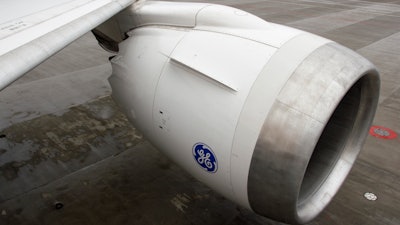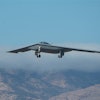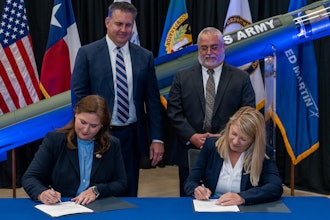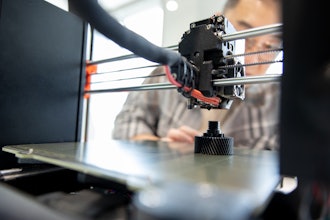
CINCINNATI (AP) — A jury on Friday convicted a Chinese national of trying to steal trade secrets from multiple U.S. aviation and aerospace companies, including the theft of proprietary airplane engine fan technology.
The government alleged that beginning in December 2013, Yanjun Xu recruited experts who worked at aviation companies, including GE Aviation in Cincinnati.
Xu was a deputy division director at the Chinese Ministry of State Security, the country’s intelligence and security agency, the government said. Federal prosecutors said Xu and others would pay stipends for the experts to travel to China under the guise of delivering a university presentation.
Specifically, Xu was accused of trying to steal technology related to GE Aviation’s composite aircraft engine fan, unduplicated by other companies, to benefit the Chinese government, Vipal Patel, acting U.S. Attorney for the Southern District of Ohio, which includes Cincinnati, said Friday.
Xu and other operatives discussed how they would obtain “highly sensitive information” from the experts, court documents said. Xu was arrested in Belgium in 2018 after traveling there to meet a GE employee in Europe on business, and was later extradited to the United States, Patel's office said.
Xu was charged with conspiring and attempting to commit economic espionage and theft of trade secrets. He had pleaded not guilty but was convicted Friday of all charges after a two-week trial.
Xu faces up to 25 years in prison and a $5 million fine. No sentencing date was set.
Messages were left for his attorneys, who have argued Xu is not a spy, never asked for trade secrets, and that the case involved the legal exchange of trade information.






















